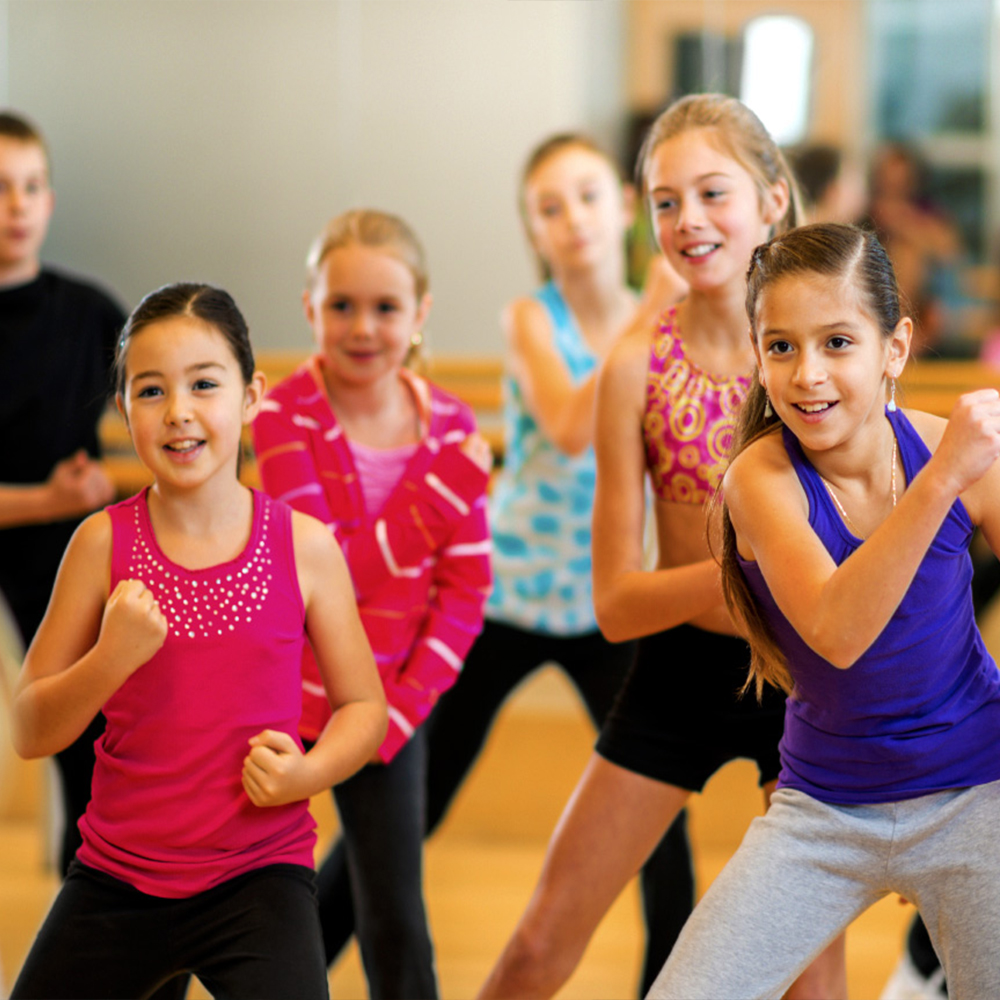Kids Dance

Time and time again, I hear people ask, "Aren't they too young to be dancing?" The truth is, as long as you find age appropriate dabignce classes, no. The ability to start dancing develops in children before they can even form words! (Click here to see a fun example.) Dance is a primal part of human experience across all cultures and time periods that unites us all no matter our age. The benefits it has on early childhood development is definitely worth understanding.
Physical Development
Physical development is one of the most obvious benefits dance classes have for children. They are learning a great range of motion, body awareness, balance, muscle strength, coordination, and endurance. Movement patterns require the child to use their entire body to reach a level of fitness that is unparalleled by other activities. Through dance classes, kids begin to understand that the possibilities of movement are endless and fun to explore.
Social Awareness
In dance classes, children have the opportunity to learn in a comfortable social setting. They must take turns, work as a group, cooperate, share, understand space, form lines, watch and support one another, perform, and interact. They learn that communication can occur through immediate and effective movement to express an idea. The group dynamic in dance classes also challenges young ones to respect others as they share and move through space in unison. Many times you will see a very strong bond between dancers because of these efforts no matter how old they are.
Cognitive Development
At a young age, children understand that movement can be used as a response to an idea or problem. This creates a cognitive link to a solution or outcome. This type of cognitive development creates an awareness of how to function in the world. For example, it is very common in dance classes for children to be taught to leap over a "river" (scarf or mat) so they don't get wet. This idea achieves several different concepts... leg extension, transferring weight, problem solving, imagination, balance, space recognition, etc. The idea is that physical expression or solutions give young ones another way to handle the world while their verbal communication develops.
Emotional Maturity
Because dancing is also an art form, children are learning how to creatively express their emotions as well. There are endless opportunities to share and be aware of various emotions as students experience one another and themselves through movement. Dance classes provide a structured outlet for a healthy physical and emotional release that helps devolop emotional maturity.
Scientific research has barely tapped in to the benefits of dance classes for early childhood development. I think we can all agree by saying that they are definitely not harmful. Well, unless you are involved in something like the show, "Dance Moms"... but that's a different blog post. Stay tuned!
